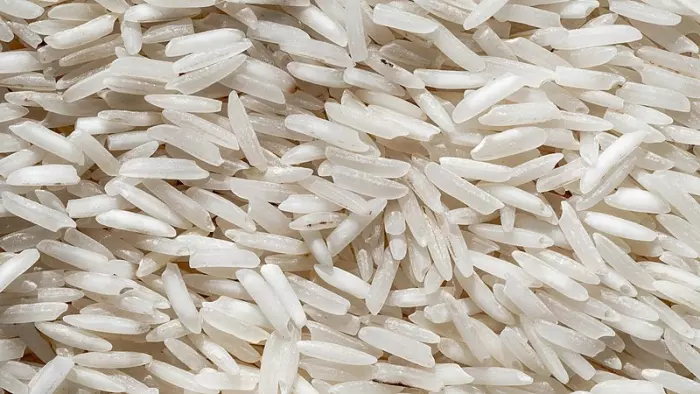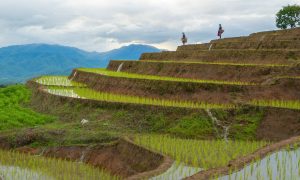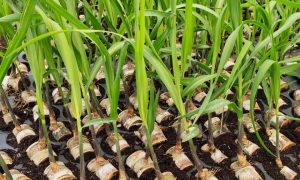Jorhat farmer fights to save indigenous rice seeds

Mahan Chandra Borah, a 41-year-old farmer from Jorhat, Assam, argues that indigenous rice varieties should be considered heritage. For 20 years, he has worked to conserve these disappearing varieties through his “Annapurna Seed Library,” which houses over 500 rice types, including 200 from the northeast. Borah’s efforts highlight the importance of preserving agricultural history alongside monuments.
Guwahati: “Heritage is not limited to historical structures or monuments but can include the things our forefathers ate or worked with,” argues Mahan Chandra Borah, a 41-year-old farmer from upper Assam’s Jorhat district. For the past 20 years, Borah has dedicated himself to conserving indigenous rice varieties, many of which have already disappeared.
Borah questions why indigenous rice varieties can’t be considered heritage if the 18th-century Rang Ghar, Asia’s first amphitheatre from the Ahom dynasty, and the Moidams (burial mounds of the Ahom kings) of Charaideo can be recognised as heritage monuments or even receive Unesco World Heritage site status.
A history graduate, Borah’s passion for farming stems from his childhood, growing up in a farmer’s family. To preserve the indigenous rice varieties of the country and raise awareness, he established the “Annapurna Seed Library” at Kathgaon in Jorhat district.
Currently, the library houses over 500 rice varieties from different parts of India, including more than 200 from the northeast.
Borah realised the importance of indigenous rice varieties when he took over his family’s agricultural activities following his father’s death. He observed the dwindling presence of native rice types and was inspired to delve deeper into the issue after meeting a Canadian national from the organisation Fertile Ground, which emphasises preserving natural resources.
Determined to take matters into his own hands, Borah began collecting and preserving paddy varieties independently. He constructed a house on his land for seed preservation. The Annapurna Rice Library now serves as a repository of agricultural history and a centre for educational outreach.
Source Link : https://timesofindia.indiatimes.com/city/guwahati/jorhat-farmer-conserving-indigenous-rice-seeds/articleshow/112751797.cms














